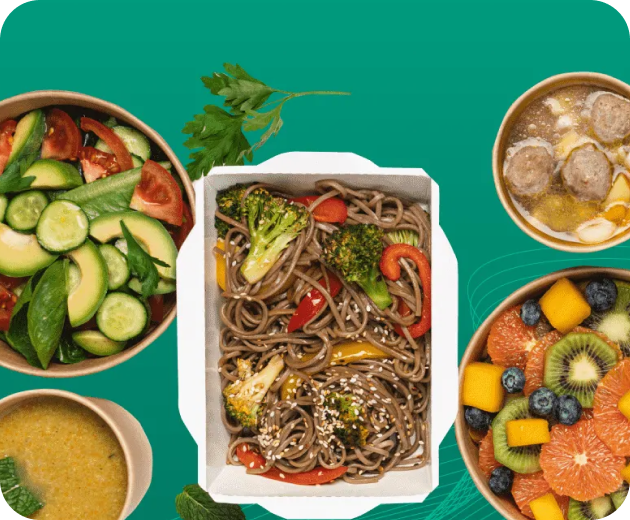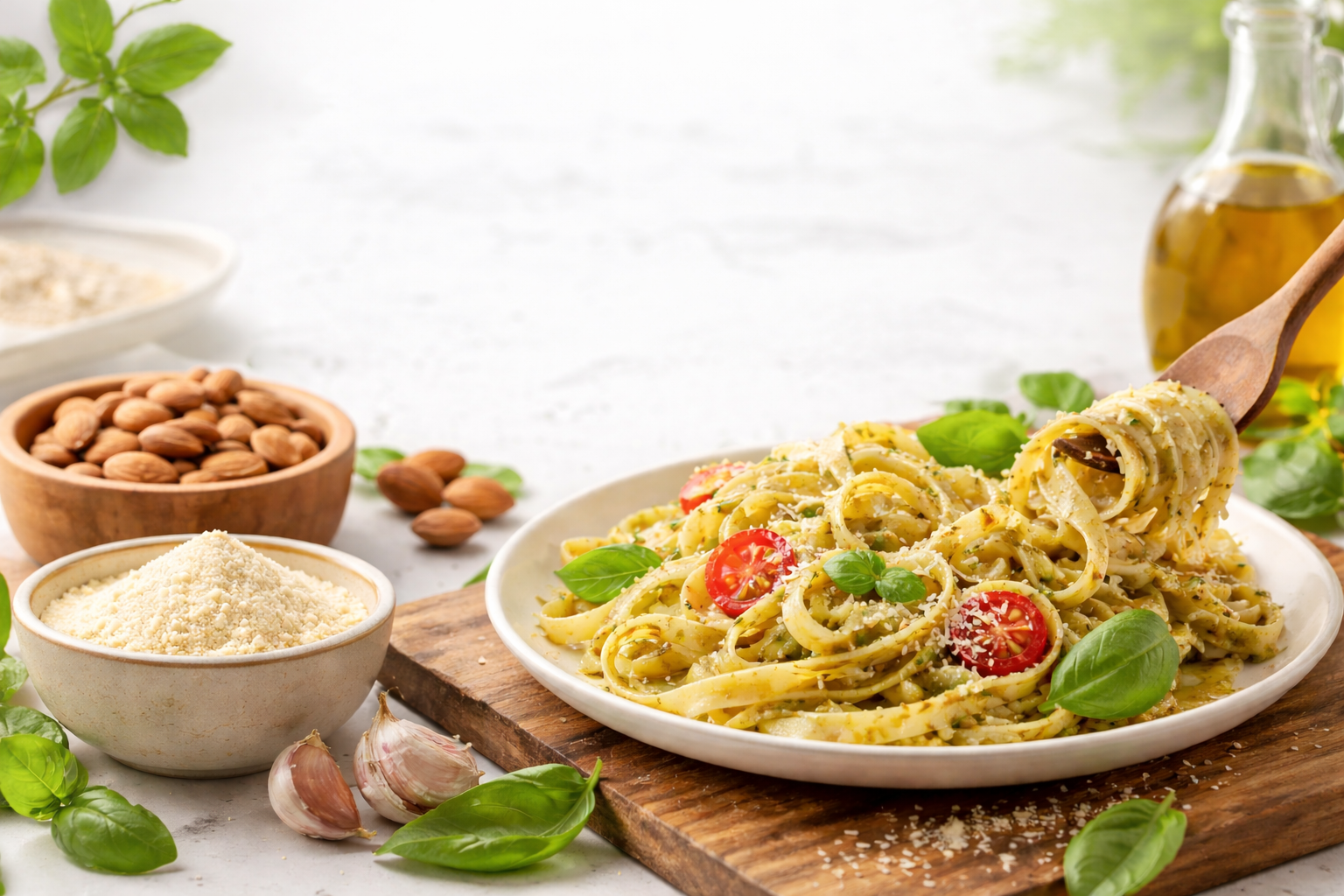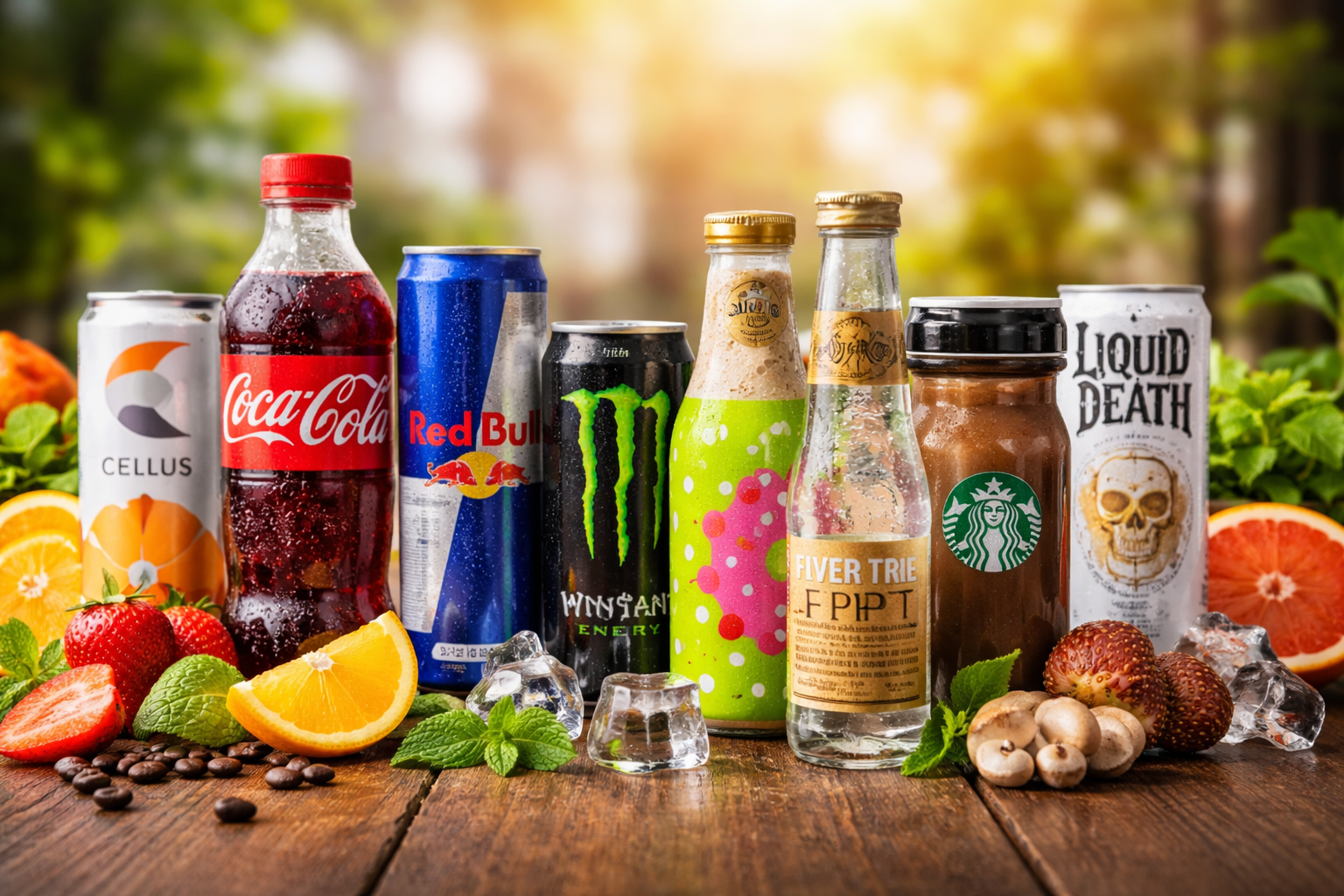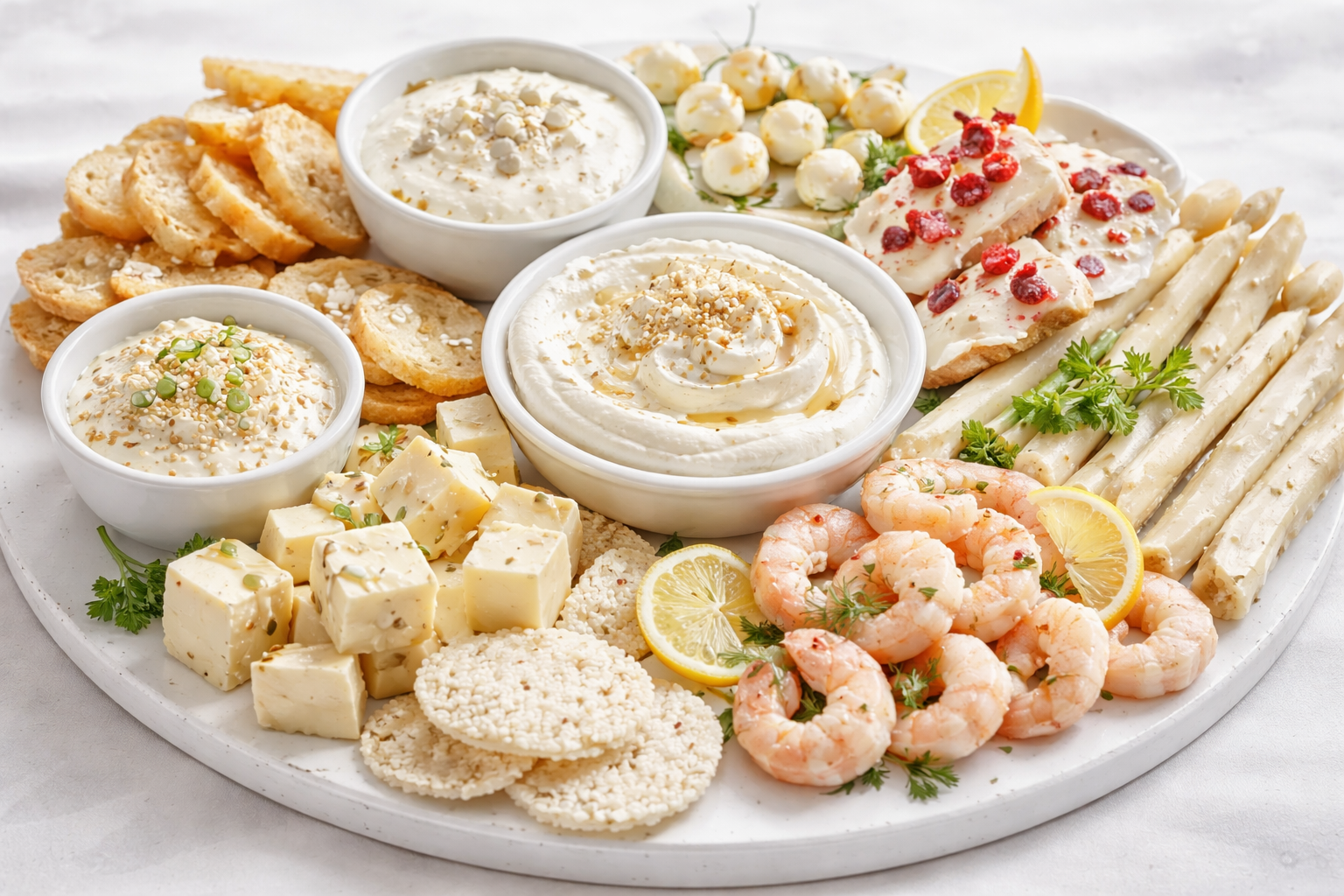Espresso vs Black Coffee: Which Wins in Today’s Coffee Trends?
Coffee remains a staple in the daily routine of millions, but how it’s consumed is evolving. Espresso vs black coffee—both have dedicated followings, yet trends and consumer preferences are shifting the conversation.
With the rise of specialty flavors, innovative brewing techniques, and new consumption habits, brands must stay ahead of the curve.
According to Tastewise data, black coffee trends show a growing interest in unique flavor pairings, including honey and vanilla bean pour-over.
Meanwhile, espresso trends highlight indulgent beverages like espresso martinis and affogato. But which option best suits today’s coffee lovers? Let’s break it down.
What is espresso?
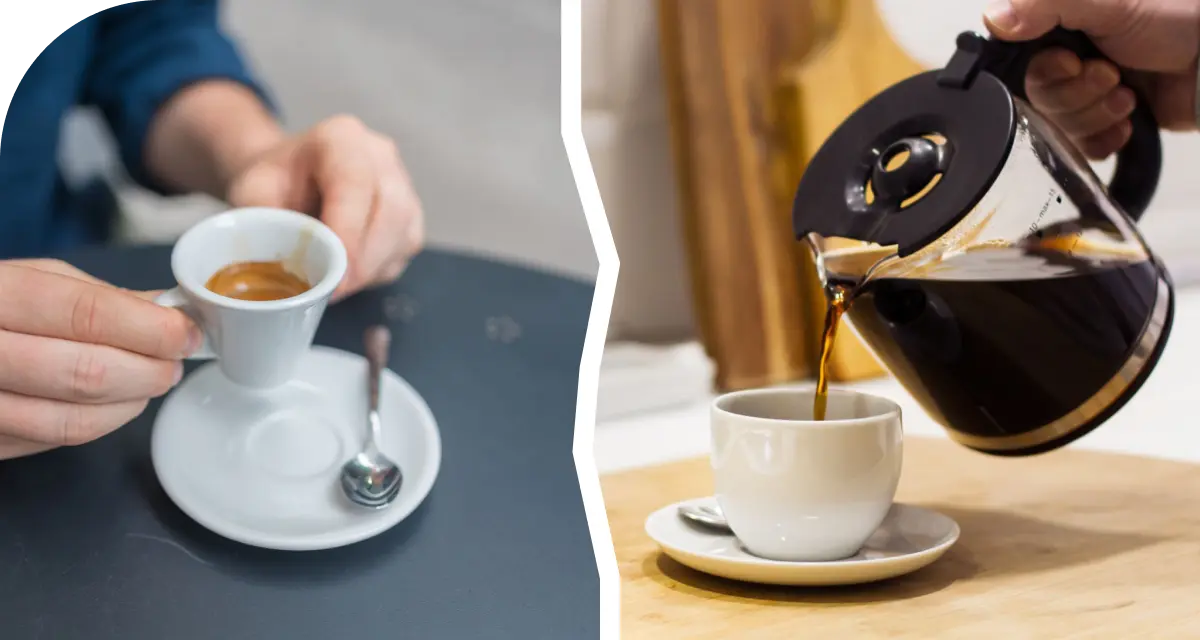
Espresso is a concentrated coffee brewed under high pressure. It has a bold, rich flavor with a creamy layer of crema on top.
A single shot of espresso (30ml) contains about 63mg of caffeine, making it a strong and efficient caffeine source.
Popular espresso-based drinks include lattes, cappuccinos, and macchiatos. Espresso is also a key ingredient in desserts like tiramisu and affogato.
What is black coffee?
Black coffee is brewed using hot water and coffee grounds, typically through methods like pour-over, French press, or drip brewing. It has a milder taste than espresso and allows the natural flavors of the coffee beans to shine.
A standard 8-ounce (230ml) cup of black coffee contains about 92mg of caffeine, making it a preferred option for those looking for a slower caffeine release.
Espresso vs black coffee: key differences
| Feature | Espresso | Black Coffee |
| Caffeine (per serving) | 63mg (30ml) | 92mg (230ml) |
| Calories | 10.7 | 5 |
| Brewing Time | 25-30 sec | 4-5 min |
| Taste | Bold, intense | Smooth, mild |
| Serving Size | 30ml (1 oz) | 230ml (8 oz) |
| Popular Flavors | Caramel, vanilla, hazelnut | Honey, vanilla, black sesame |
Both coffee styles have their place in consumer preferences, with black coffee offering a more traditional experience and espresso driving innovation in specialty drinks.
Trends shaping espresso and black coffee consumption
Black coffee trends
Data from Tastewise highlights exciting developments in black coffee trends:
- Honey-infused black coffee is gaining popularity for its natural sweetness.
- Vanilla bean pour-over enhances the flavor with a smooth, aromatic twist.
- Black sesame syrup in lattes is bringing a nutty, rich depth to coffee-based drinks.
- Black Magic Cake, a chocolate cake made with coffee, remains a favorite dessert.
For an example of black coffee innovation, check out Salted Caramel Black Coffee, blending bold coffee with sweet and salty caramel flavors.
Espresso trends
On the espresso side, espresso trends are leading to indulgent and creative beverages:
- Espresso martinis, including raspberry and frozen variations, are surging in popularity.
- Affogato, a combination of espresso and ice cream, continues to be a dessert staple.
- Tiramisu, featuring espresso-soaked ladyfingers, remains a classic favorite.
- Brown sugar shaken espresso is a trending drink for those seeking a subtly sweet coffee kick.
For an innovative take, try Espresso Vanilla Delight, a blend of espresso and vanilla for a smooth, aromatic experience.
Espresso vs black coffee – Which is better?
It depends on what you’re looking for. Espresso offers a stronger, more concentrated caffeine hit in a small serving, perfect for those who want a quick energy boost. Black coffee trends favor a more extended caffeine release and a smoother taste.
From a trend perspective, espresso trends lean toward indulgence and creativity, while black coffee keeps evolving with unique flavor infusions.
Want to discover more about evolving coffee trends? Check out the latest insights on Tastewise.
Schedule a demo to see how Tastewise helps brands track and act on real-time consumer trends.
FAQs
Which is stronger, black coffee or espresso?
Ounce for ounce, espresso is stronger. However, because black coffee is typically consumed in larger amounts, it often contains more total caffeine.
Is 1 shot of espresso equal to 1 cup of black coffee?
No, a single espresso shot (30ml) has about 63mg of caffeine, while an 8-ounce cup of black coffee (230ml) has around 92mg.
Why is black coffee called espresso?
It’s not—black coffee and espresso are different brewing methods. Espresso is brewed under pressure, while black coffee is typically brewed through dripping or immersion.
Which is darker, espresso or black coffee?
Espresso is darker due to its concentrated brewing method, but black coffee can also be dark depending on the roast.
Final thoughts
Whether you’re embracing coffee trends with innovative black coffee flavors or exploring espresso trends with indulgent creations, both drinks offer something unique.
With consumer preferences shifting, brands should pay attention to food trends like our espresso vs black coffee debate as well as instant coffee trends to stay ahead.

